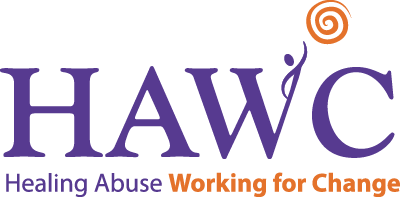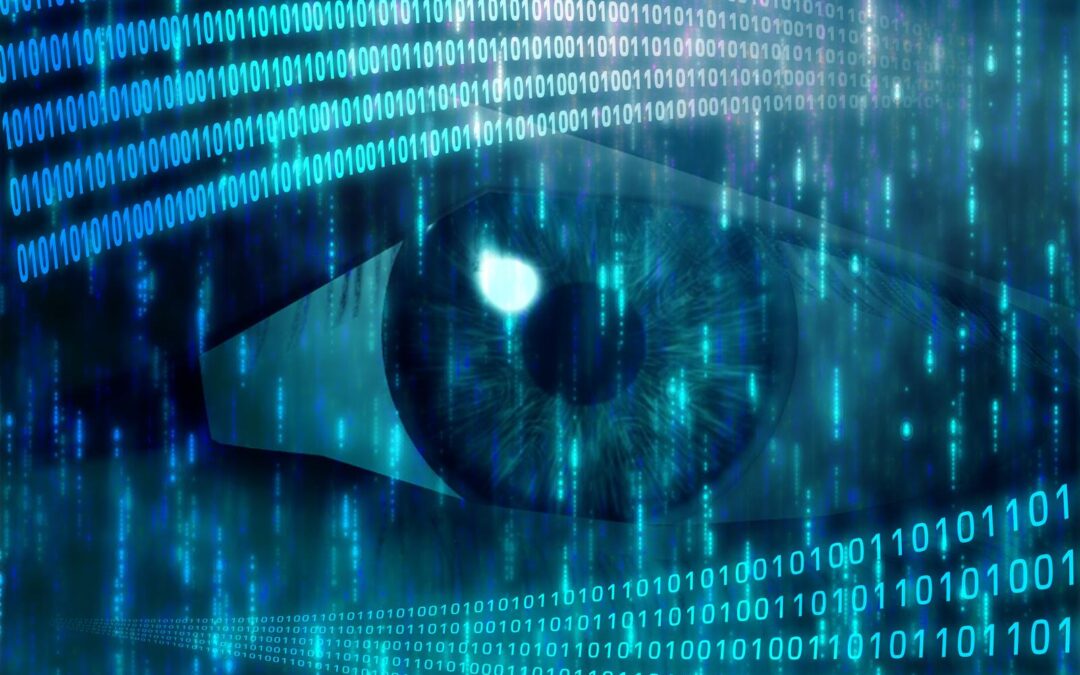In recognition of April as Sexual Assault Awareness Month, HAWC joins survivors and advocates to draw attention to the pervasive issue of sexual violence. Today, HAWC discusses a lesser recognized form of sexual abuse: Revenge porn.
Mischa Barton. Jennifer Lawrence. Kim Kardashian. From sex tapes to nude photos, the unfortunate invasions of these women’s privacy has brought the topic of revenge porn to the public’s awareness.
What is “revenge porn?” Illegal in 39 states, revenge porn involves the release of sexually explicit photos from exes or past sexual partners in an effort to embarrass or shame them. With the rise of social media creating tighter networks of friends and followers around the world, this nonconsensual publication of pornography has become a serious form of domestic abuse. As you or someone you know navigates the world of social media, it can be helpful to understand this phenomena better.
- The phrase “revenge porn” isn’t quite right. In many cases, “revenge porn” is about getting payback. However, for many released sexual photos and videos, the culprit is just a hacker, who comes across these images in emails or servers. In fact, according to the Cyber Civil Rights Initiative, 78% of people who post pornography without the other party’s consent aren’t driven by feelings of revenge. Regardless of motive, this action always results in public shame, social isolation, and, frequently, professional humiliation for survivors.
- It can happen to you. Revenge porn has hit the public eye because of high-profile cases. “The Fappening,” one of the largest scale revenge porn leaks, targeted celebrity iCloud accounts. Everyone from Jennifer Lawrence to Leslie Jones, and even the Rwandan presidential candidate Diane Shima Rwigara, were survivors. But celebrities aren’t the only people experiencing this. In fact, Facebook received more than 51,000 reports of revenge porn in January 2017 alone. Roughly one in 25 Americans have either had someone post an image without their permission or threaten to do so. For women under 30, that number jumps to one in 10.One of the reasons why revenge porn is so popular is because sharing nude photos feels innocent and easy. In many cases, the nude photos later circulated to the public were taken flirtatiously as sexts. According to Erica Johnstone, a San Francisco attorney specializing in sexual privacy laws, “Sex pictures become like currency” in this hyper-masculine culture. With 16% of 6,000 adults reporting having sent a sexual photo and one in five reporting having received one, the numbers rise yearly.
- It’s been around for decades. The first issue of Playboy in 1953 featured Marilyn Monroe’s pinup calendar, with one image on the centerfold published without her consent. Vanessa Williams, Vanna White, Charlize Theron, Uma Thurman, Madonna, and First Lady Jacqueline Kennedy Onassis all shared similar experiences.The first well-known case of revenge porn occurred in Hustler magazine, in a feature called “Beaver Hunt.” The magazine asked its readers to submit images of naked women, accompanied by “consent forms.” One couple sued the magazine for defamation and invasion of privacy, citing that the entry was submitted by neighbors without their permission. Later, in February 2010, the first person was jailed for revenge porn.
- It’s illegal. Kind of. It is clear now that not all sexual violation occurs physically. Law, tech companies and social media sites, and officials cannot keep up with how quickly these images can spread. The result? Leaked photos are easy to disseminate and nearly impossible to punish. That being said, growing awareness and pressure from survivors have caused 38 states to pass laws addressing revenge porn. Still, the statutes are inconsistent: some states criminalize porn posted without one party’s consent only when there is an “intent to harass,” largely because they cannot infringe upon anything seen as freedom of speech. Advocates are pushing for a Congressional bill that would make revenge porn a federal crime in order to address these blind spots, but reach obstacles because of the anonymity of the internet, misogynistic law enforcement, and fears about restricting the first amendment.In a similar vein, the tech companies that host these photos unwittingly, specifically Google and Facebook, are not responsible for the content on their sties. Still, Google, Pornhub, Twitter, Reddit, and Facebook technically prohibit porn posted without one party’s consent, even if it’s hard to recognize.
The facts are clear, however. While the challenge of criminalizing revenge porn and protecting thousands of survivors from this shame seems impossible, with every moment that goes by without action, millions of photos get released, potentially ruining lives.
Reference
- Alter, Charlotte (June 13, 2017). ‘It’s Like Having an Incurable Disease’: Inside the Fight Against Revenge Porn. Time Magazine. Retrieved from
http://time.com/4811561/revenge-porn/


